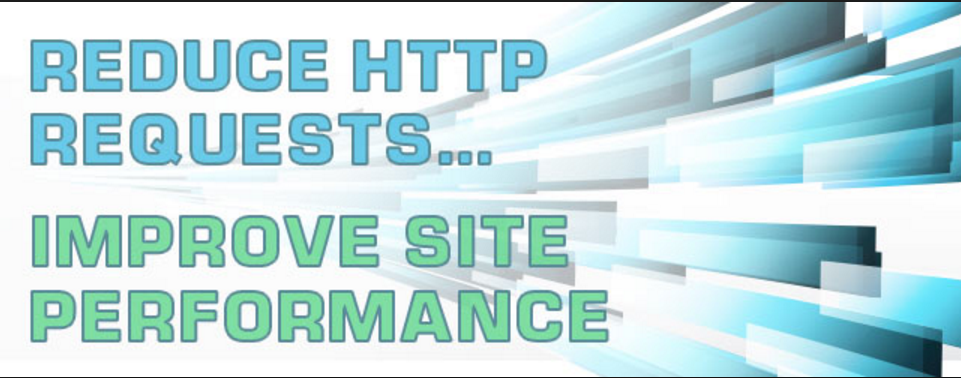Written By: Steven Clarke
With quite a lot of online competition in mind, optimizing your website’s performance needs to be your top priority. Web site performance and speed are crucial factors in your conversion rates, as your customers need to have the best user experience in order to put their trust into your company and buy from you instead of someone else. Your website’s performance not only affects your sales but how prominent your website is in search result pages. Here are some helpful tips how to improve your website’s performance.
Make your landing pages effective
The purpose of a landing page is to receive traffic that is generated by a marketing campaign that you have implemented and convert that traffic into a desired action, such as signing up or purchasing something. Your landing page has to provide the proper message for your visitors so that your target audience receives the information that they seek. Well-designed calls to action are essential. They need to be properly placed in order to attract attention and designed so that they trigger the wanted response in the user. It should contain an action verb that excites the visitors to do what it asks them to; to buy, subscribe or download.
Optimize for mobile
Nowadays, mobile browsing has eclipsed desktop browsing, therefore it is necessary for your website to be mobile-friendly so that your users can navigate it easily on any screen type. Google has even started penalizing websites that aren’t optimized for mobile, which will highly affect your search ranking. Given the dominance of mobile web, a good strategy may even be to code for mobile first and then expand the user experience to tablets and desktops. In order to optimize for the mobile platform, you can create a separate mobile version of your website, convert your website to RWD (Responsive Web Design), or use mobile plugins on a CMS platform such as WordPress.
Minimize HTTP requests
Your browser receives data from a server via HTTP, which is basically a request/response between a client and a host.Every file on your website, like images, CSS, and javascript, needs to be downloaded by the browser.The more requests it makes, the slower the loading speed of the page will be. There are various ways you can improve on this issue: by inlining a smaller Javascript, using CSS sprites, less code, or by reducing the number of 3rd party plugins that make a lot of external requests. The number of necessary requests varies from website to website. You should run a site speed test in order to see how many requests a page needed in order to generate.

Optimize images
One of the items that takes away a lot of performance and the browser needs to download are images.You should try to use CSS to generate graphics instead of images as much as you can. This is a good solution for buttons for example, but CSS often cannot recreate more complex design elements and photographs. In this case, you need to properly compress and format images, so that they don’t lose in quality, yet are easily downloaded. You can compress and integrate images into a single image via the means of CSS Sprites. Properly compressing images includes stripping them of unnecessary data, such as color data that is unused, or meta data.
Choose WordPress
Choosing a good CMS for your website is essential for its functionality and aesthetics. WordPress development experts from Sydney recommend WordPress for multiple reasons. It is easy to manage and comes with a lot of customization options. There is a large community of developers and enthusiasts that support it. Because it is free and open source, there is a large variety of plugins that can help you improve your website’s performance, code, appearance, security, etc. WordPress is written using standard compliance high-quality code, and has a very SEO friendly semantic markup.
Organize your index
Make sure that you optimize your website for dynamic indexing. It is essential that search engines prioritize your most important pages. Check your URL structure for excessive URL parameters, since those tend to force Google to pick between a lot of duplicate pages. You should also not index your development site, to save yourself from duplicate content. You need to make sure that your visitors are being taken to the right pages, and you should avoid 404 error pages by redirecting them to a page that is relevant.
Your website is your greatest marketing and sales tool, so make sure that you treat it right. By using these tips, you will greatly improve your website’s performance. Always remember that the road to success is paved with trial and error, so make sure you test any changes that you implement until you get it right.
Author bio: Steven Clarke is a web entrepreneur and a business consultant. Whenever he gets the time, he likes to write about his ideas and share them with the world. You can find him on Twitter.
Feature image credit from Dreamworks Studios: Turbo Fast




One Comment
Comments are closed.